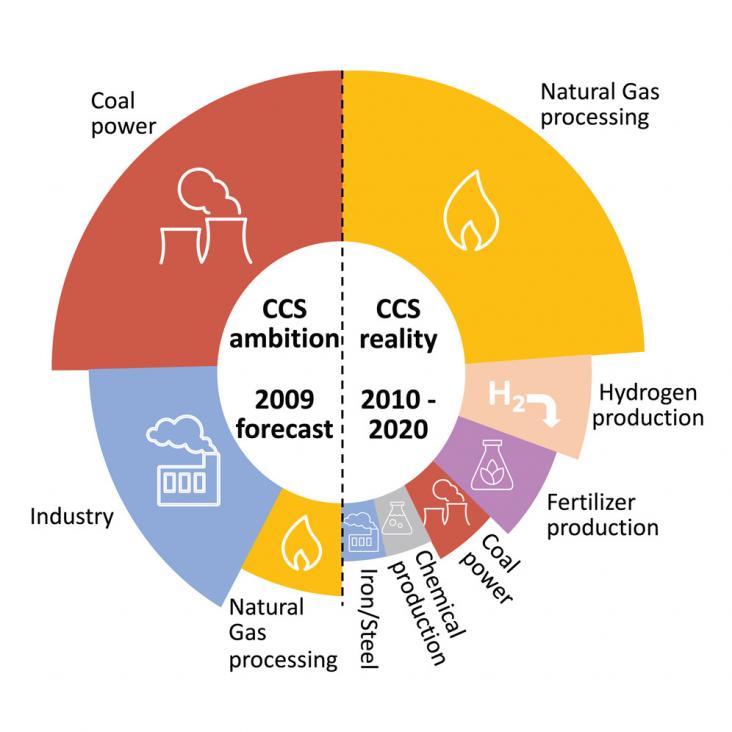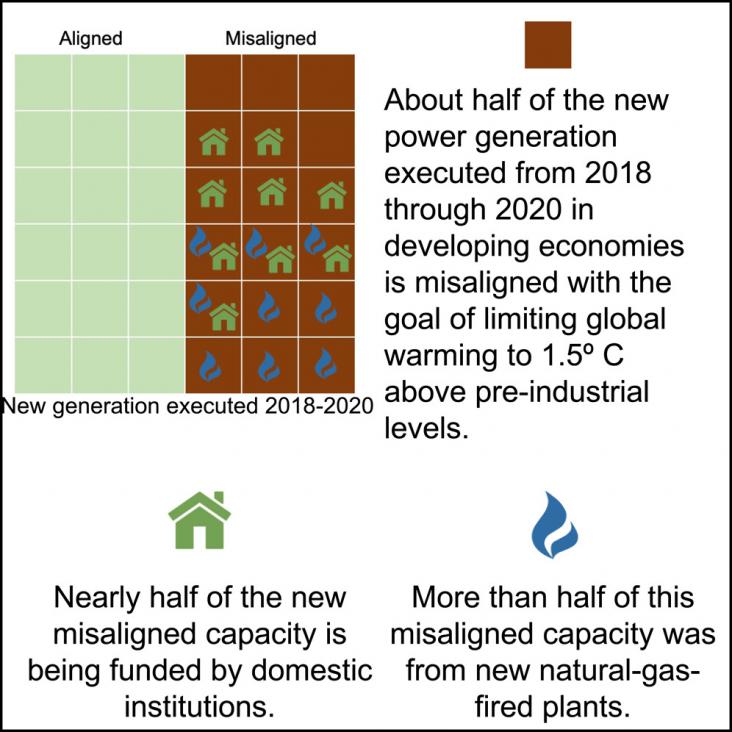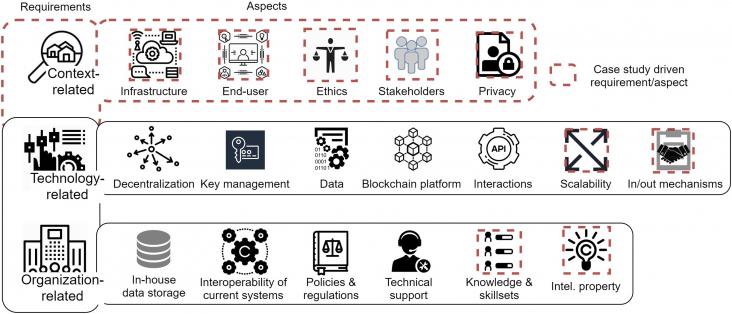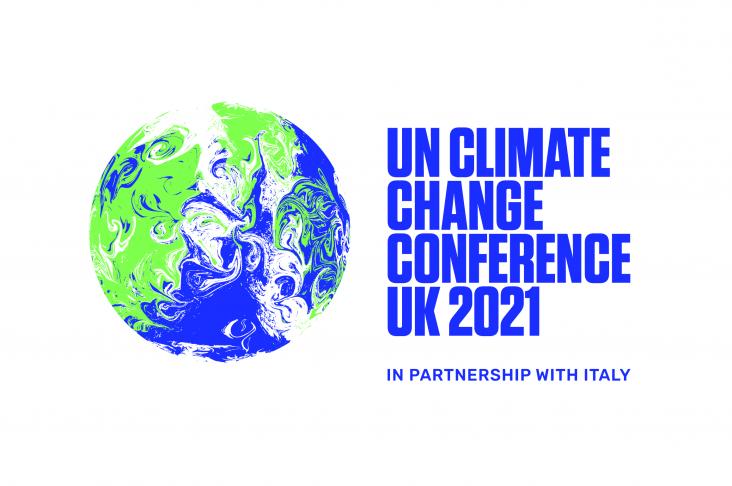Elsevier,
Amlanjyoti Kar, D.G. Dastidar, S.K. Adhikari, A.K. Sinha, T. Talukdar, A.N. Chowdhury, Prachi Gupta, Ankita Bhattacharya
This chapter explores case studies of ground water contamination (SDG 6) in West Bengal and solutions for mitigating it via innovative drilling techniques.
Elsevier,
Innovative Exploration Methods for Minerals, Oil, Gas, and Groundwater for Sustainable Development, 2022, Pages 193-211
This chapter advances SDG 6 by presenting an overview of a low-cost technique for investigating groundwater flow and mapping a contaminated zone in the subsurface.

Following the landmark 2015 United Nations Paris Agreement, a growing number of countries are committing to the transition to net-zero emissions.

Major infrastructure financiers will have to significantly decarbonize their investments to meet mounting promises to cut carbon emissions to “net-zero” by mid-century.
This book chapter advances SDGs 9, 13, and 15 by highlighting coastal management problems related to the reclamation process that have been addressed through geoinformatics. The findings of the study carried out offer a detailed overview of the quantity and quality of research materials reported thus far on the subject of the recycling process, remote sensing, and Geographical Information System innovations.
This book chapter advances SDG3 Good Health and Wellbeing and SDG10 Reducing Inequalities by focusing on educationally meaningful methods to develop programs that exploit voice recognition engines, based on cloud services, so that a smartphone device can remotely trigger typical farming actions or query the values of several critical parameters of the farm specifically for the elderly and disabled.

Blockchain technology promises to improve the efficiency, transparency, and accountability of humanitarian operations.

COP26 is the 2021 United Nations annual climate change conference. COP stands for Conference of the Parties.
Looks at the links between sustainability of water in mountainous areas and sustainability.
